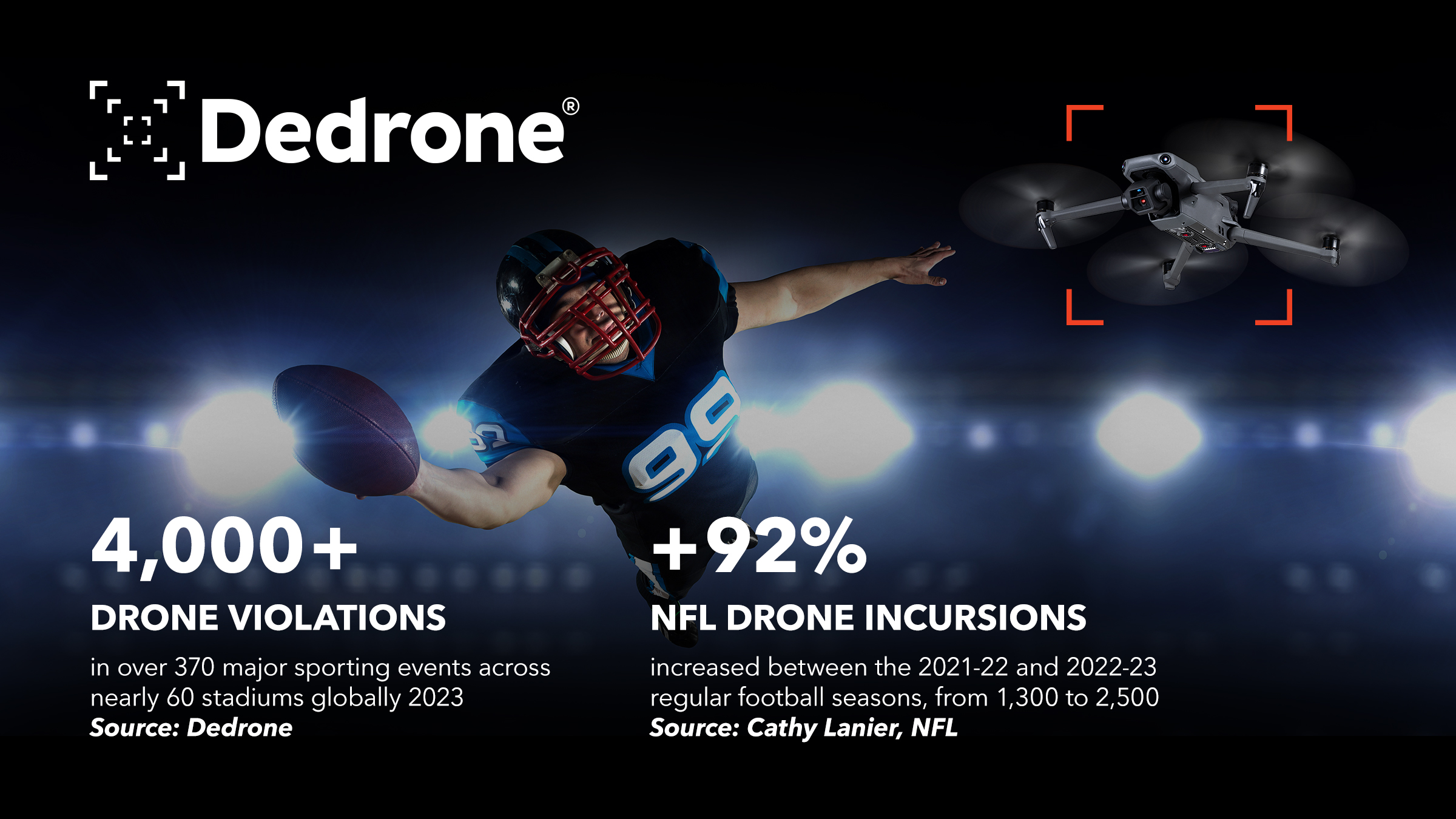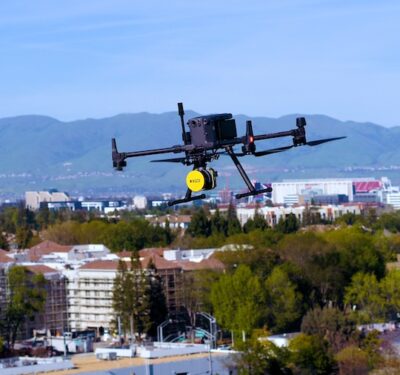
In 2023, over 4,000 unauthorized drone flights were recorded at nearly 60 stadiums worldwide during major sporting events, revealing a nearly 20% increase from the previous year. These incidents have caused event delays, led to the apprehension of drone pilots, and heightened risks to public safety, according to airspace security firm, Dedrone.
Cathy Lanier, Chief Security Officer of the National Football League (NFL), noted a significant rise in drone incursions during NFL seasons, nearly doubling from 1,300 incidents in the 2021-22 season to 2,500 in the 2022-23 season. Despite the increased frequency of these incursions, serious threats have yet to materialize. However, incidents such as drones dropping leaflets over spectators in 2018 have underscored the potential for drones to disrupt sporting events.
A specific incident in November 2023 at M&T Bank Stadium in Baltimore, MD, highlighted the disruption caused by drones, where a game was stopped twice due to drone activity over the stadium.
With Super Bowl LVIII scheduled to take place in Las Vegas on February 11, Las Vegas has implemented DedroneCityWide, a comprehensive airspace security system, to protect critical areas, including major stadiums, the airport, and the Las Vegas Strip. This initiative is part of the city’s broader security efforts following the 2017 Mandalay Bay mass shooting.
The Super Bowl is designated as a SEAR 1 event by the Department of Homeland Security, indicating the highest security level for large-scale events in the US. Temporary flight restrictions (TFRs) issued by the Federal Aviation Administration (FAA) around key areas in Las Vegas aim to prevent unauthorized drone flights, with violations potentially leading to drone confiscation, fines, and criminal prosecution.
Dedrone’s data on drone flights violating TFRs at global stadiums underscores the growing challenge of managing unauthorized drone activity at large public events. Ben Wenger, Chief Revenue Officer of Dedrone, emphasized the necessity of counterdrone technology and called for stronger legislation to enable public safety agencies to effectively address these threats, especially in light of major events like the Super Bowl LVIII and the 2024 Summer Olympics.






